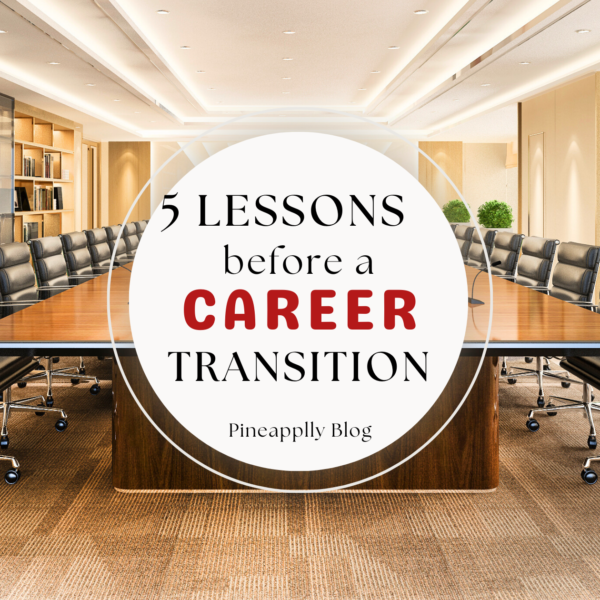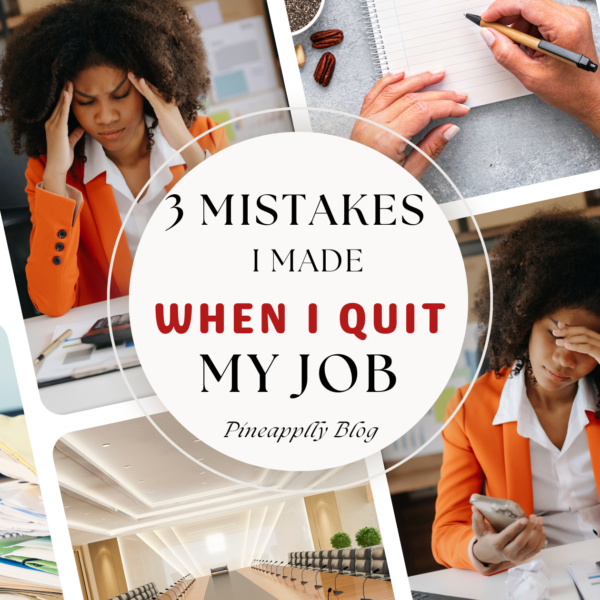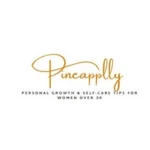
You are finally ready to take the plunge, to quit your 9-5 and start a business. Perhaps, you have always had a dream to build your own business or it’s something you only started thinking about recently.
Whatever the case may be, it is a good idea to be prepared before you make the jump to entrepreneurship.
When I started my business, I experienced a lot of excitement mixed with fear those first few weeks. I was elated that I finally made the decision to build something bold and different, yet I felt ill-prepared for the journey.
While I asked and answered some of the questions below (having a legal background helped with this process), there were some I didn’t consider until a few months in.
Luckily for you, I am here to make sure you are better prepared for the journey ahead.
This doesn’t mean you will figure out every nook and cranny of your business journey (I don’t even think that’s possible), but you will be prepared for most things that may come up in those first few months.
12 Questions I wish I had Asked and Answered before Starting my Business.
1. What business do I want to start?
This is the first question for anyone wanting to start a business. You must identify what you want to do.
I used to believe this was a given until I met several people who wanted to start a business but had no clue on what type of business to start.
In some cases, they had too many ideas and an inability to choose one. While in others, you could tell that they just liked the idea, or the allure of entrepreneurship but hadn’t really thought about the practicalities of running a business.
2. Why do I want to start this business?
Your reason for starting a business is probably one of the most important things to identify and analyse.
Are you starting one because you believe it is the next stage of your career journey or because you have a deep desire to solve a problem or provide a product or service for others?
You could also be starting a business to boost your income and build wealth.
Whatever the case maybe it is important to be clear about this.
If you’re having issues figuring our your why and your vision, then I recommend you read Start with Why by Simon Sinek. This is one of the best books I’ve ever read and was instrumental in helping me chart the vision and mission of my company. Get your copy here.
3. What business structure will work for this kind of business?
Getting your business structure right at the beginning can save you loads of time, costs, and potential liability down the line.
For most types of business, I recommend an limited liability corporation (LLC). While this may be slightly more expensive to register and comes with more corporate fillings, it also provides more protection and gives you better tax advantages (if you know what you’re doing).
4. Do I have the Capital to begin?
Are you starting from ground zero like me or do you have a nest egg laid out somewhere?
There are obvious benefits of bootstrapping, but we can’t deny that insufficient capital is one of the leading causes of business failure. Basically, having some money set aside can be helpful.
Having enough to cover a few months of expenses helps to lessen the pressure in the early days and gives you room to build the business for the long haul.
5. When do I want to Start this Business?
Do you have a start date in mind? Instead of jumping headfirst into this, it might be good to have a timeline in place. These should be divided into three stages:
- Pre: These are the things you need to put in place before you register your business.
- During: This is during the registration process.
- Post: This is post registration. You can then set an Open day!

6. Who is my target audience?
Your business cannot be for everyone even though it feels like that at first.
Having an audience in mind will help you tailor your messaging and your actual products to the people that need it and will buy it.
7. What skills or other resources do I need to start a business?
The type of business will often determine the skills and resources required. For my business, I had to gain health and safety certifications, and obtain a fire safety licence from the state and federal fire service agencies.
Having these things in place has positioned us as a serious and professional company.
8. Will this business require a physical location?
This question may not be as important today as it would have been 5-6 years ago. These days almost any business can be run online, at least most of it. However, some may still require a physical presence, especially if it’s a client facing business.
A spa will need a physical location unless you want to go to client homes for it. Beauty and skin care businesses also benefit from physical locations. Eateries, car wash stops and even Medi-clinics still require some level of physical presence.
9. Do I need to recruit staff?
Will you need help from the get-go, or would you be able to do most things yourself?
If you need staff but don’t have the budget for it, you can consider hiring freelancers when you need them or learn how to do most of the work yourself.
This again will depend on the type of business, the skills required and available time. Don’t take on more than you can handle simply because you don’t know have people to handle it.
The worst thing you want is to get burnout even before the business has started growing.
10. How long am I willing to stick with this business to make sure it works?
We don’t always consider this question when starting a business, but I think it is such a powerful question. I didn’t learn about this until about 6months into starting my business. At this point, we were barely making any sales. A part of me was feeling discouraged while the other part believed it would be worth it.
So, I decided that I was going to go all in for one year and see how things go.
This paid off in many ways. Our business grew, while we didn’t meet our target, I could see the potential in what we were trying to build, and this allowed me to make the crucial decision to continue.
11. Do I need to take a loan to run this business?
Taking out a business loan can make or break your business depending on who you speak to?
I believe that a loan can help you scale quickly, build up your clientele and increase your marketing budget.
But it may also mean an additional financial burden if things don’t go according to plan.
Ultimately, you must make this decision. I didn’t consider a loan until over a year into the business, and I was able to get a small loan with no interest from a former boss, which I had to pay back within 90 days. Not a lot of time, but it helped us handle a particular order for that season.
12. What role do I want to play in this business?
What is your key role in this business?
This becomes even more important if you are partnering with other people. Most CEO’s and entrepreneurs will wear many hats they are often the chief Visionaire, strategic and business development leads for the companies.
Knowing your role and focusing on these (particularly those areas of strength), can also help you grow much quicker than if you’re trying to be a jack of all trades.
Start That Business
There is the tendency that you may want to stop your business set up process because of the above questions.
Remember that these questions are just to help you prepare for this new adventure you’re about to embark on and not to stop it.
Knowing what you’re going to do will likely help you do them better. If you need some support and accountability on this journey then you should sign up to the waitlist for our upcoming accountability program.





Leave a Reply